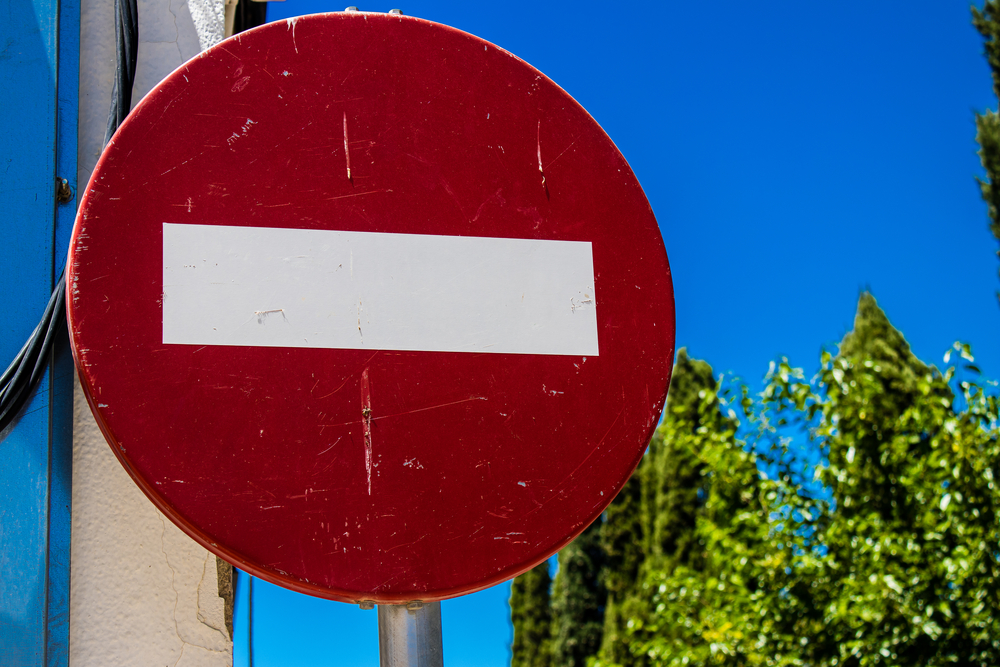There is no doubt that the title is not just a catchy headline, but also a reflection of an urgent social problem.
Road rage is a phenomenon that is familiar to everyone who has ever been behind the wheel. Whether it's a sudden burst of anger from the car cutting you off, or the baffling behavior of that one driver who takes over a parking space without regard for others, road rage is ubiquitous. However, recent research shows that as many as one in eight Dutch drivers indicate that they have sometimes gotten out of the car to enter into a confrontation with a fellow road user. And almost a quarter of respondents have experienced the opposite.
The figures paint a worrying picture. Take, for example, a recent incident involving a couple crossing the street. A young motorist ignored the red prohibition sign with the white stripe and continued driving, endangering all pedestrians and other road users. When one of the pedestrians made a gesture to the sign, the young driver responded threateningly: “What are you doing, do I have to knock all your teeth out?”
The paradoxical finding that people view themselves as less aggressive than others is indicative of the problem. It suggests a lack of self-awareness and self-criticism. If everyone thinks that the problem lies with 'the other', then there is no motivation for individual improvement and awareness.
With rising irritations, increased frequencies of confrontations and even threats and violence, it is time for a thorough reflection on both an individual and collective level. Perhaps it is time to switch off the autopilot and participate more consciously in traffic, with the full awareness that every decision affects the well-being of others. In addition, policymakers may want to consider whether more targeted campaigns and legislation are needed to curb this growing trend.

Ignoring this trend would be tacit approval of a culture that normalizes intimidation and aggression, and that is a path we cannot afford to take.
Where does this impulsiveness and aggression come from? An interesting theory is that society as a whole has become more individualistic, with 'me' and 'my own right' in the foreground. This individualism seems to trickle down to the way we drive. The result is an increase in annoyances and, ultimately, confrontations. From the University research It also shows that 74% of annoyances on the road arise from aggressive driving behavior, while 43% are related to speeding by other drivers.
The paradox is that when asked about their own driving behavior, Dutch people consider themselves less aggressive. Although hand gestures and cutting off are perceived as aggressive, only 25% of drivers admit to having ever made a hand gesture themselves. In terms of cutting off, the discrepancy is even greater: 70% say they have experienced this, but only 16% admit to having ever cut someone off.
Despite the fact that confrontations are unpleasant and potentially dangerous, 38% of confrontation seekers feel relieved after speaking up. On the other hand, 26% say they feel guilty afterwards and 24% feel ashamed afterwards. This points to a complex dynamic in which short-term emotional satisfaction sometimes takes precedence over rational and empathetic behavior.
What makes these findings particularly alarming is that people who have experienced a traffic accident themselves are more likely to get out of their car and start a confrontation. This suggests that even a traumatic event such as an accident does not necessarily lead to more responsible and careful driving behavior.
Road rage is not new, but its frequency and intensity appear to be increasing. The question that remains is: how do we deal with this trend? More enforcement, stricter laws or just invest in education and awareness? Whatever the solution, the current state of affairs is unsustainable and requires immediate action.



